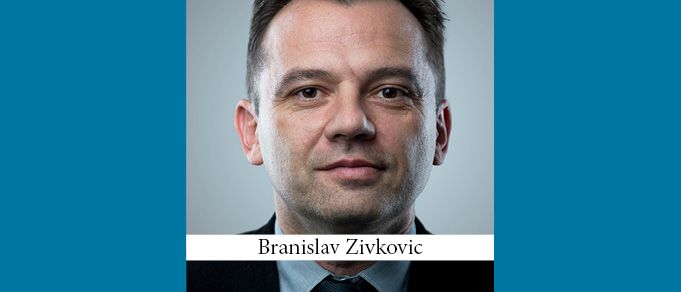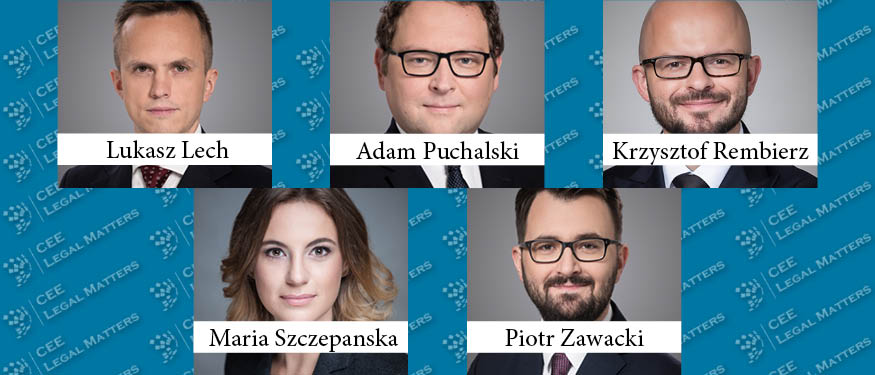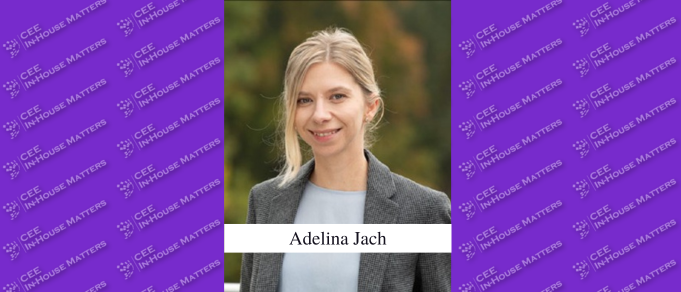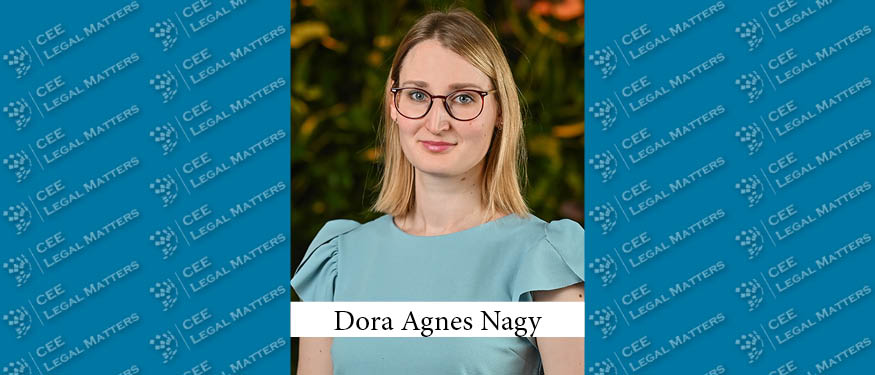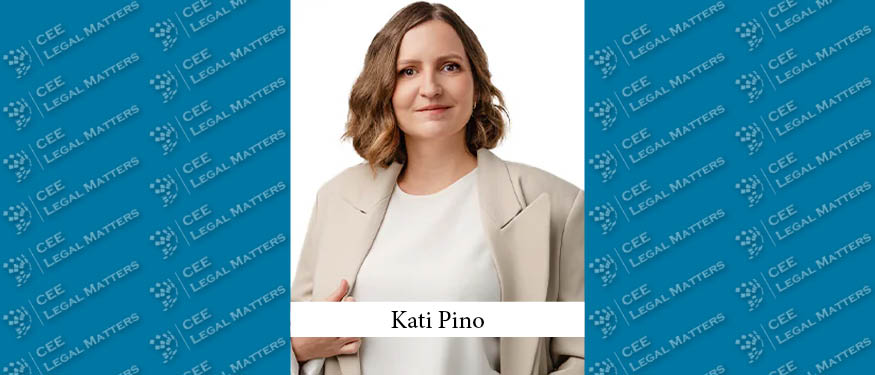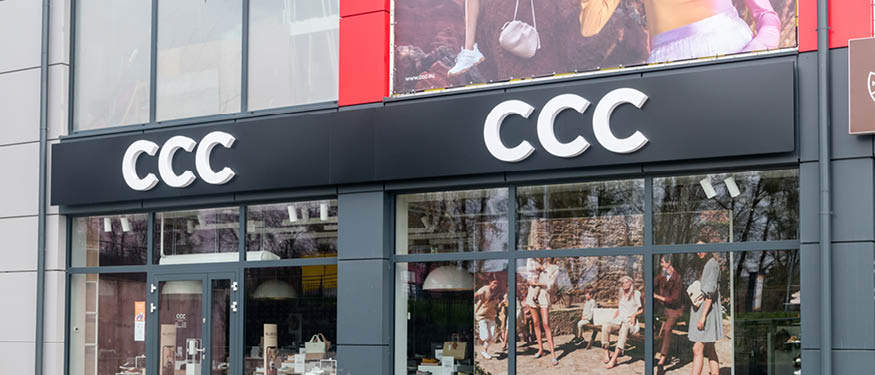More than 27 years have passed since I became a lawyer back in 1990, and there’s not so much that can really surprise me anymore. My country (at that time called Yugoslavia) went through hyperinflation, a war with its neighbors, UN sanctions, a NATO bombing campaign, democratic protests which led to major political changes at the beginning of a 21st century, Prime Minister Djindjic’s assassination, and privatization, with all the typical transition issues which led to huge social and economic changes. Serbia today is still under the burden of the Kosovo crisis and trying to balance between East and West on its slow path towards EU integration.
The main question remains: Have we finally crossed the point of no return, are we finally safe, on our way to better times? I am not convinced – but, as I said, we already had it all, and one thing is sure, we somehow survived. At least we have peace, the basic macroeconomic parameters are still stable, inflation is under control, and official statistics are telling us that unemployment is decreasing. Still, the majority of the general population in Serbia is living hard – compared to the status of many other European countries, at least.
The legal profession in Serbia has gone through significant changes as well. Although there is still an army of individual lawyers (working mainly with private clients on litigation cases, the way we all were 25 years ago), we have also more than fifty law firms gathering from 10 up to 100 lawyers working together on various issues for corporate clients conducting business in Serbia. Law firms – mainly Austrian – from the region have established a strong presence that only a couple of big local firms are really able to match, and all of the Big Four (PWC, EY, Deloitte, and KPMG), and even smaller international accountancy and business advisory firms are expanding their legal practices, teaming up with local lawyers who work under their branding umbrella. On the other hand, local Serbian law firms are trying to invade neighboring markets as well, not only for cross border transactions but also for local work – some through their own branches, some through networks. Spin-offs from the biggest law firms is a common practice – young lions are trying (and some succeeding) to find their place in the sun. Since the market is small, there’s no direct permanent presence of the global law firms that run the world of the legal profession, but all of them are present in major deals, working with chosen local partners or subcontractors.
The most complex issue the profession is currently facing is probably the catastrophic situation within the major Serbian bar associations, particularly the Belgrade one, trapped for years in disputes over the election of its officers and led by people whose minds are still locked within 19th century concepts.
On the other hand – our future: I believe Belgrade Faculty of Law is a good school, and with the opportunities for students to get master’s degrees abroad it still can deliver quality. Young lawyers usually are hardworking, ready to learn, and ambitious people capable of enduring the fight with never-ending changes of regulations, the issue that has become a major problem for any serious investor, besides a judicial system that is still slow and incompetent despite several (unsuccessful) attempts at reform. Responsibility, at least partially, should also be borne by the so-called foreign experts, mostly second and third tier ones, brought from abroad to help us with new legislation. Even if the region is by no means unfamiliar with know-it-all characters of our own.
Due to the fact that Serbia is larger than the rest of the neighboring ex-YU countries, many international companies are moving their regional headquarters to Belgrade and other Serbian towns. Sadly, our wages are more than competitive (some will say we’re cheaper than the Chinese). Once you add the tasty food and the pleasant and safe environment, big players seems to prefer to spend their overseas time here. As a result, Belgrade’s business properties are full again and the real estate sector in growing, along with IT and various support services that can be performed remotely. As far as larger investments are concerned, those are mostly government deals – because Serbia is still a country in which it is rather difficult to commence and complete anything big without strong involvement and support from the state.
So, the legal profession is swimming with the tide and, as ever, some are swimming better than others. Slowly, we are becoming EU look-alikes, dealing with a myriad of laws and regulations, specializing in particular areas of law, fighting ever-growing bureaucracy – and in-between all of that, trying to build our lives, not only as lawyers but as people, too. From time to time, the real challenge arises reminding me that the legal profession is still one of the greatest and most meaningful jobs one can do. Could I ask for more?
By Branislav Zivkovic, Founding Partner, Zivkovic Samardzic
This Article was originally published in Issue 4.3 of the CEE Legal Matters Magazine. If you would like to receive a hard copy of the magazine, you can subscribe here.

